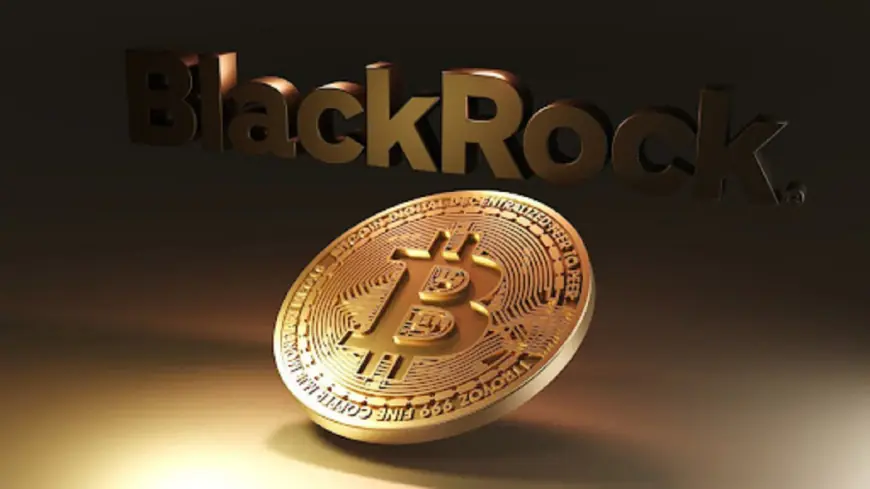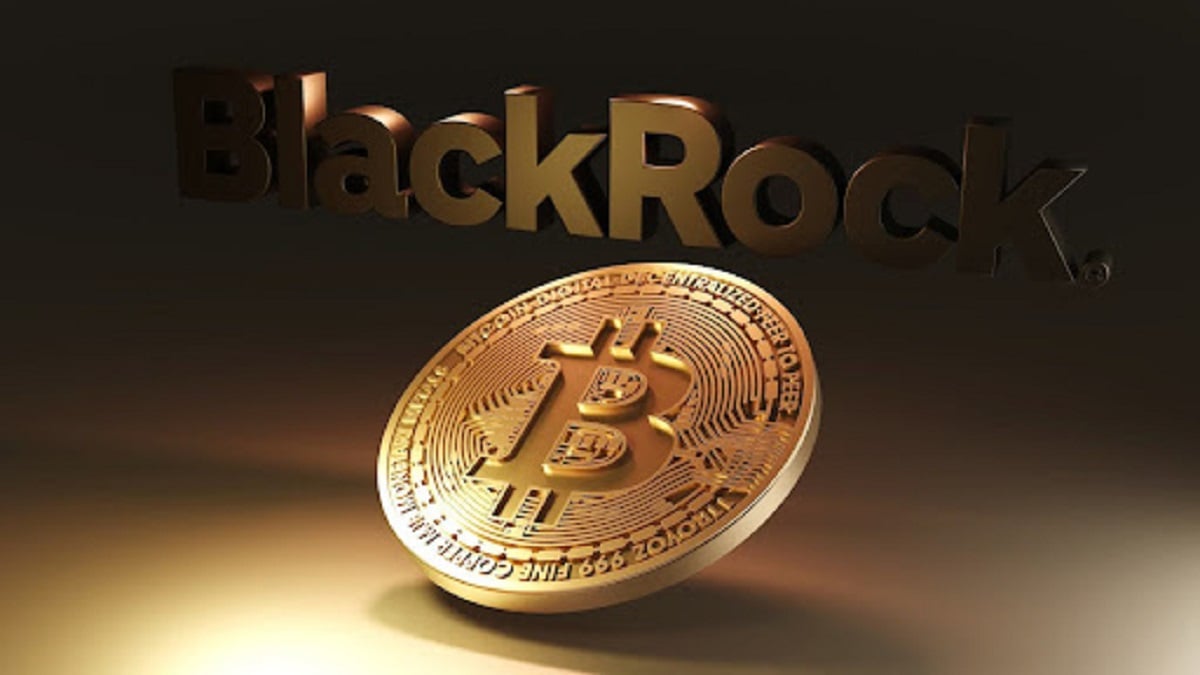BlackRock’s Bitcoin ETF Records Zero Inflows for the First Time in 71 Days
BlackRock’s IBIT ETF recorded zero inflow on Wednesday and Thursday, the first time since its launch that it has failed to attract new investment, breaking a 71-day streak. With Grayscale still bleeding, BlackRock is edging ever closer to becoming the world’s largest Bitcoin ETF amid looming competition from the Hong Kong market. It was a [...]


- BlackRock’s IBIT ETF recorded zero inflow on Wednesday and Thursday, the first time since its launch that it has failed to attract new investment, breaking a 71-day streak.
- With Grayscale still bleeding, BlackRock is edging ever closer to becoming the world’s largest Bitcoin ETF amid looming competition from the Hong Kong market.
It was a formidable and unprecedented run. However, on Wednesday, it came to an end. After 71 days of continuous net inflows, the BlackRock Bitcoin spot ETF failed to attract new investment as the market cools off amid post-halving BTC price dip concerns.
Over the past ten days, the spot ETF (ticker IBIT) has been recording lower inflows, with investors wary of how the BTC halving could affect its price. Since April 16, IBIT has only recorded over $30 million in inflows once; before then, it would hit over $100 million on a regular.
On Wednesday, April 24, the ETF’s appeal finally gave out, and no new investment flowed in. However, going for 71 days is a big achievement for IBIT. For reference, only nine ETFs have seen higher streaks, with the top one being JPMorgans JEPI US Equity at 160 days. Three others have just over 100 days.
What stands out is that all the other ETFs are tied to assets that have existed for centuries. IBIT was the only ETF on this list whose underlying asset is less than two decades old and is still trying to find its feet.
Another metric to illustrate how monumental IBIT was: BlackRock offers over 420 ETFs, but since January, IBIT has accounted for 20% of all investments in BlackRock’s ETFs.
Bitcoin ETFs Stumble
While BlackRock’s ETF streak grabbed all the headlines, the rest of the market hasn’t fared well recently. On Wednesday, only Fidelity’s FBTC and ARK’s ARKB ETFs recorded inflows of $5.6 million and $4.2 million, respectively. Grayscale lost $130.4 million for a grand industry total outflow of $120.6.
Yesterday, it got worse. Fidelity lost $22.6 million, Ark lost $31.3 million, and Valkyrie’s BRRR ETF lost $20.2 million. Combined with Grayscale’s losses, the sector shed $217.6 million, its highest one-day outflow since April 8.
As it stands, Grayscale’s GBTC is still the market leader despite losing $1.2 billion in April alone. Since it converted its Bitcoin Trust into an ETF, Grayscale has lost a staggering $17.1 billion. At this rate, the Digital Currency Group’s subsidiary looks set to lose its top ETF spot to BlackRock, whose IBIT now has $15.476 billion in assets.
Amid the internal competition, the American ETFs could soon face formidable rivalry from the Asian market as Hong Kiong welcomes its first Bitcoin spot ETFs. Expected to launch on Monday, these ETFs will attract capital from Hong Kong and even mainland China, which has banned direct investment in crypto.
Bitcoin trades at $64,400 at press time, gaining a paltry 0.55% in the past day.
What's Your Reaction?









































































































